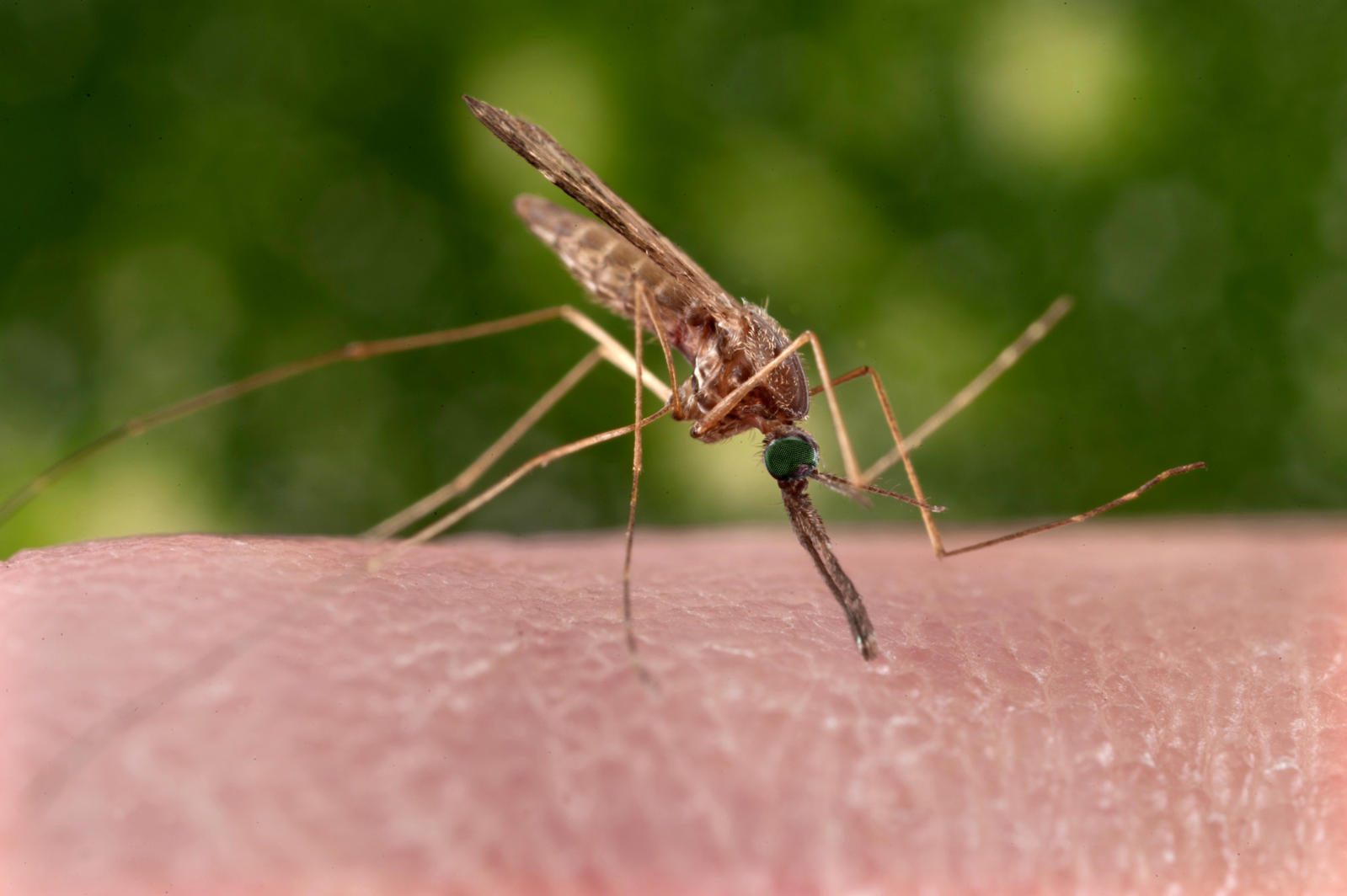Fighting the Creepy Crawlers: Assessing the Effectiveness of Hostel Fumigation in The University Of Ibadan

The motto Recte Sapere Fons means “To think straight is the fount of knowledge.” Everyone would agree that for one to be able to think straight in an academic institution like the University of Ibadan, every circumstance has to be just right to guarantee it. Yet, like every other student hostel, rats, insects and nocturnal creatures remain a typical enemy, making living areas uncomfortable for students.
Several educational institutions use fumigation exercises as a preventive or reactive measure to curb infestations. The University of Ibadan likewise observes this exercise each session and recently has extended its reach to the medical students’ hostel, Alexander Brown Hall. In this post, we’ll take a critical look at the fumigation exercise and its effectiveness in UI hostels.
The Predicament
Hostels, by nature, should be places of comfort where students can retire from the day’s learning. In the University of Ibadan, however, the thirteen halls of residence have long faced lots of challenges, with pest infestation being a prevalent concern, primary of which are the mosquito and bedbug infestation. It is already enough that students have ample academic work to deal with without having to battle the intrusion of critters in their living space.
Who is to Blame?
While some students point fingers at the school administration, some argue conversely that students ought to bear greater responsibility for their actions, pointing out that good hygiene and cleaning habits in each room can go a long way towards controlling pests in each hostel at large. In reality, both the hostel administrators and students need to step up and work together to solve this problem before it becomes a health hazard.
A Case in Point: The 2022/2023 Session Fumigation Exercise
Prior to the start of the 2022–2023 school year, the hostels were fumigated by the school administration. Students and staff praised this proactive action, indicating that they all understood how important it was to address the ongoing insect issue.
Evaluating Efficiency
The cheers begged the question, though: How successful was the exercise? Did it meet expectations or fail to fulfil the intended purpose? What exactly makes a fumigation exercise successful?
Understanding the nuances of a fumigation exercise, its benefits and drawbacks, and its overall effect on the hostel environment is essential to providing answers to these questions.
Student Opinions
On conducting interviews with the student body, it was discovered that some were satisfied with the outcome of the exercise, deeming it a successful endeavour. Others, however, disagreed with this optimistic outlook, complaining about the persistence of the bedbugs, and raising questions about how comprehensive the treatment was. A good number of students were indifferent when interviewed, partly because they had no prior experience of the process and what to expect. One student had this to say: “From my experience, I remember that it was reported that the school hostel was fumigated. However, after a month or two of resumption, the bugs resurfaced again. I believe the school can do better in that regard.”
In light of such feedback, could it be that the fumigation personnel simply walk into the rooms, spray a bit of chemicals and walk out rather than thoroughly tackling every available hole, nook and cranny that these bugs could have made home? Are substandard materials being used? And if so, whose responsibility is it to ensure things are done properly?
What Makes a Fumigation Exercise Effective?
It may be surprising to note that despite the impulse to jump to conclusions, fumigation may be effective even when there is no discernible decline in the number of pests. It takes a comprehensive strategy that takes into account the exercises’ regularity, completeness, and long-term effects to correctly judge a fumigation exercise as failed. In addition to taking care of the current insect problem, an effective fumigation operation should also stop new infestations. The real question is, will there be continuity to ensure the long-term goal is achieved?
Student Suggestions
To improve the effectiveness of the exercises, students have made some suggestions:
- Meticulous Fumigation: It is imperative that all nooks and crannies are covered in order to eliminate any potential hiding places for pests to proliferate.
- Increased Frequency: To curtail unchecked pest proliferation, fumigation exercises should be carried out more regularly, ideally in between semesters rather than just once per academic year.
- Personal Preparedness: Likewise, equipping students with pesticides would help so they can deal with minor pest problems immediately.
- Rodenticides: Alongside the war on insects, rodents should also be eliminated from the halls in the same sweep to improve living conditions once and for all.
- Hygiene: Breeding sites such as broken pipes, refuse heaps and stagnant water sites should be eradicated to break the reproductive cycle of these pests.
Conclusion
Fumigation is a powerful tool in the fight against pests, however, its efficacy depends on a mix of student hygiene and administrator dedication to seeing the problem solved. Despite past shortcomings, hope remains alive that with a balance between thoroughness, frequency, and individual effort the ongoing fumigation at Alexander Brown Hall can be successful, and subsequently could pave the way for a hostel environment that is truly pest-free.
Eze Arinzechukwu


Hopefully, we hope the school administration will see all the solutions listed here, and will also act on it????????